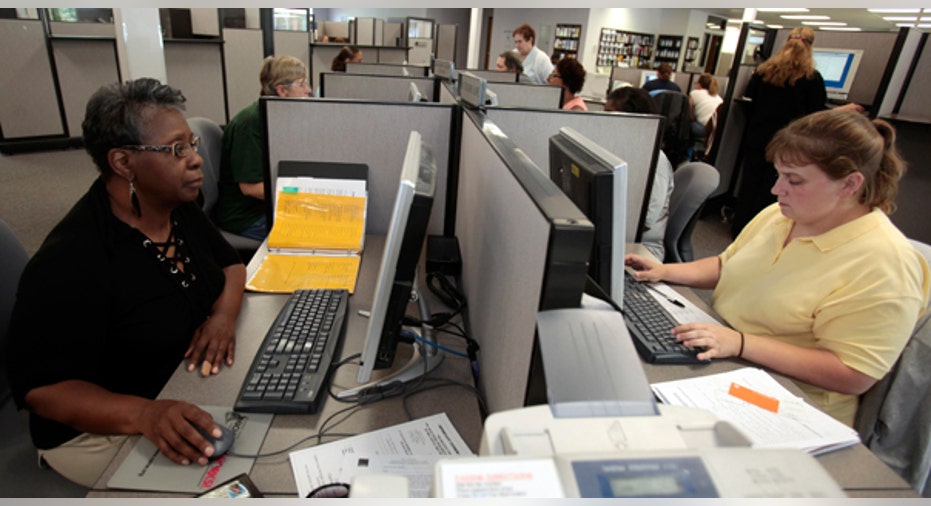Why Technology Isn't Always Productive for Small Businesses

The use of mobile devices and cloud-based services that let small business owners conduct business anytime, anywhere, held the promise of increased productivity and more time to focus on growing or conducting business. These new technologies have failed to deliver, a new survey shows. But it may not be technology's fault.
While small business owners have expressed a desire to take advantage of mobile applications or the cloud to help them manage operations more efficiently, these tools are not widely used, according to a survey of businesses with nine or fewer employees conducted by Sage, a business software company. In fact, many small business owners are still relying on paper to manage calendars (13 percent), projects (32 percent), to-do lists and assigning tasks to others (38 percent), and time tracking (23 percent), which is time-consuming and can significantly impact owners' productivity.
What's clear is that these small businesses spend way too much time taking care of administrative tasks. Nearly a third (32 percent) said they spend up to a quarter of their time on basic administrative tasks while another 25 percent said they spend up to half their time on those tasks.
The biggest productivity pit, the survey found, was the use of multiple unlinked applications. Two-thirds (66 percent) of owners said they use three or more different software applications to manage their day-to-day operations in addition to manual systems.
More than half of owners (51 percent) wish their applications were linked together, but 52 percent of those respondents said their applications didn't have the ability link together, while 21 percent said they don't have the time to figure out how to link the applications together.
Many small business owners told the pollsters that they experience a number of issues when switching between multiple applications to manage various functions of their business including: finding needed information (27 percent), switching between applications to do invoicing is time-consuming (32 percent) and inputting redundant data entry – an action that leads to potential errors and wastes time (40 percent).
- Smartphones Boost Employee Productivity Despite Security Concerns
- Paperless Office Speeds Productivity, Customer Response Times
- How Word Processing Software can Boost Productivity
Copyright 2012 BusinessNewsDaily, a TechMediaNetwork company. All rights reserved. This material may not be published, broadcast, rewritten or redistributed.



















